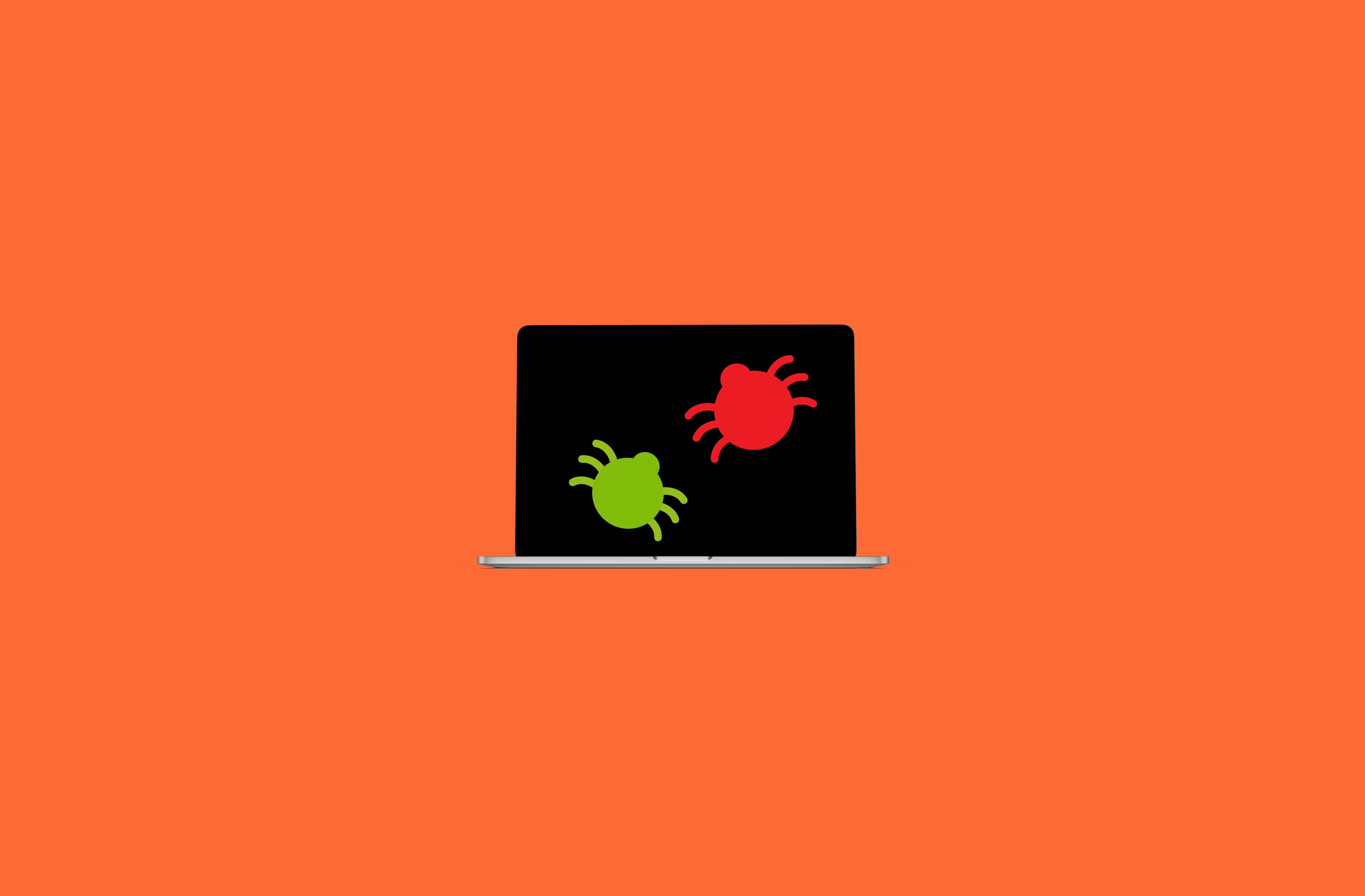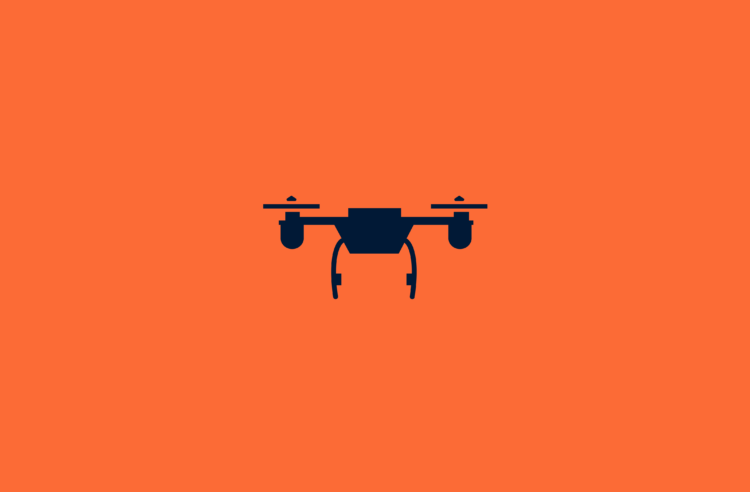
Protect yourself against malware
Malware comes in all shapes and sizes. Whether you are dealing with a computer virus or spyware, a malware infection is always harmful. From personal information to the last penny in your bank account; cybercriminals are out everywhere. For this reason, we will tell you how to protect yourself against malware.
Malware: What is it?
The word malware is derived from the English words “malicious” and “software”. When it comes to malware, you have to be careful. You certainly don’t want to be the next victim.
Malware is harmful to your devices. It is therefore not entirely unimportant to protect yourself against malware . To infect a device with malware, cybercriminals create a malicious program or write a malicious piece of code that gets you into trouble.
By infecting your device with malware, cybercriminals can seriously damage your device. They can sometimes even take control of your device. Protecting yourself against malware is therefore all the more important.
The dangerous power of malware
Malware is a powerful piece of software that causes unnecessary problems for many people day in and day out. In no time the software has unraveled what your weak passwords are, your device works a lot slower, advertisements are a standard part of your screen, you are redirected to malicious websites or you can no longer open your files.
In 2018 alone, annual damage was $812.67 (PurpleSec, 2022). That is more than 65 times as many as in 2012! Therefore, be careful before your devices are also full of malware.
How can you recognize a malware infection?
More than 230,000 new types of malware are being developed every day, and this number is only going to increase (PurpleSec, 2022). You can imagine that there are therefore endless ways in which you can protect yourself against malware. We list the most important 6 characteristics for you!
- Strange apps appear on your device: Malware can download apps on your device on its own. Therefore, regularly check all your downloaded apps. Don’t recognize an app? Then the app was probably installed with a malware attack.
- Your device works less well: It may happen that your device suddenly works less well, especially the speed decreases. Malware may be the culprit in this story. That’s because malware requires a lot of energy from your device. Only when the malware is removed will your device be back to normal.
- Advertisements fly around you: An advertisement here and an advertisement there. For a few hours, it is still okay to click away all ads, but this starts to become a very annoying task. Why is it that you suddenly see so many advertisements? There is a good chance that your device is infected with malware. With malware, criminals ensure that you see as many advertisements as possible, with which the criminal can fill his wallet nicely.
- You receive a ransomware message: When you see a ransomware message appear on your screen, all alarm bells go off. You too are a victim of the malware. By installing the malware on your device, the criminal has encrypted all your files. The only thing you can do to get all files back is to pay a hefty amount of money. The cybercriminal now has you exactly where he wants you: clamp!
- Files are corrupted or deleted: Cybercriminals often create chaos inside your device to succeed in their schemes. The more chaos the more distraction you have while the criminals go wild within your device. They want to know everything about you to make as much money as possible from you.
- Your browser is redirected: Time and time again you type into the internet search bar which web page you want to visit, but each time you end up on the same unknown website. This, too, is likely the work of a cybercriminal. With a little effort, they can redirect your traffic to a website of their choosing.
All these features are not very pleasant. Protecting yourself against malware is therefore an important agenda item, which you cannot start soon enough!
Why do cybercriminals infect your device with malware?
Cybercriminals don’t go to great lengths for nothing. They install malware on your device for a reason. Usually, they want to make money directly or indirectly from the malware, but some criminals have completely different reasons.
One of the most common reasons for installing malware on a device is to collect personal information. This data is worth a small fortune to many parties. Your data can therefore generate a lot of money for a cybercriminal.
Government agencies can also use malware. The only big difference is that they use malware for positive purposes. For example, to collect information about suspects in an important case.
So we see again that malware is not only used by the bad guys. Good-natured people also know what to do with the software!
Holidays Deal - Lifetime VPN for €149.00
Start today with GOOSE VPN and get this deal! You can try it 30 days without any risk with our 30 day money back guarantee
START NOWThe most common types of malware?
There are many types of malware worldwide. Fortunately, they are not all equally common. That is why today we discuss the 6 most common types of malware.
- Trojan horse: A trojan horse has mastered the art of deception quite well. This form of malware masquerades as something else. For example, a file appears to be an ordinary file, but at the end of the day, you have installed malware on your device.
- Spyware: This form of malware is always on the lookout. Spyware records everything you do on your device. From the websites, you visit the words you write. Nothing remains secret from the spyware.
- Adware: The ads can no longer be removed from your screen if your device is infected with adware. Of course, you want to click away the ads, but be careful. One-click on the ad can redirect you to a malicious website where the problems will only get worse.
- Virus: A virus quietly enters your device. Without you realizing it, the code is installed on your website or device. Once the virus is inside, it can easily spread itself. A virus moves through files.
- Ransomware: As long as we humans have existed, there have always been bad guys out to take something or someone hostage. Your files are the new target of criminals. You prefer to keep the content to yourself and the criminals want to earn as much money as possible by making as little effort as possible. With malware, a criminal can encrypt all files on your device, and only after payment, everything is released again.
- Worm: The security of your devices also has a few cracks and holes here and there. This is the playground of worms. They squeeze themselves through the holes of your digital security, as it were. Like a virus, a worm spreads quickly. A worm can go a long way with just an attachment. Once your device is infected, your server will be overloaded and your bandwidth will be eaten.
How does malware get on your device?
Do you want to protect yourself against malware? Then it is first of all users learn more about how malware ends up on their devices. Cybercriminals also have all kinds of tricks for this.
- Email: Malware can be installed on your device via email. Through a malicious link in the email you receive or a file containing malware, you have allowed the malware on your device with just one click.
- Text messages: Text messages are also a popular means of spreading malware. Just like via e-mail, you will receive a link or an attachment that you later wish you hadn’t opened.
- Ads and pop-ups: This way of spreading malware is less common but certainly effective. Criminals can hide malware in advertisements and pop-ups that you see on the internet. This is an ideal way for criminals because behind an advertisement or pop-up you are not easily looking for something suspicious.
- Install physically: It sounds old-fashioned, but malware can also be installed on a device via a USB stick. For this, a criminal must take action himself and risk his own identity being revealed. If the criminal is seen installing the malware, his true nature will emerge.
Protect yourself against malware
It is always better to prevent your device from being installed with malware than to be left behind. That’s why you want to protect yourself against malware.
First of all, it is important to keep your devices up to date. The newer your device’s software is, the fewer weaknesses there are in the software. That is very safe if you want to prevent malware from entering through small digital holes in the security.
In addition, be critical of the files and links you open. Without checking a file or link in advance, you never know whether or not a file or link is harmful.
Therefore, never open a file or link until you are sure the coast is clear.
Do you want to protect yourself extra well against cyber criminals? Then also use a VPN connection.
What is a VPN connection?
A VPN connection does not directly protect you against malware attacks, but it can help prevent a targeted attack on you. Cybercriminals often need some information to send you targeted messages that are so accurate that you will fall for them without a doubt. This is exactly when a VPN connection comes into play.
When you use a VPN connection, a secure connection is created between you and the internet. This means that cybercriminals can no longer monitor your internet traffic. All your internet traffic is encrypted. If criminals need certain data and want to find out by looking at what you are doing on the internet. Then they won’t get far!
Use the GOOSE VPN VPN connections
With VPN connections you can indirectly protect yourself against the malicious intentions of cyber criminals. In addition, it gives a nice feeling to roam around the internet anonymously.
We at GOOSE VPN think it is important that everyone can safely use the internet and is better protected against cybercriminals. That’s why our VPN connections are reliable and easy to use for a small price.
GOOSE VPN has even more in store for you! Your device can be infected with malware. To limit the damage as much as possible, you want to know as soon as possible that your device is infected. That is why GOOSE VPN has developed the Cyber Alarm. This alarm monitors your internet traffic 24/7 for malware attacks and immediately notifies you if your device is infected with malware. This way you can tackle the problem as quickly as possible!
Register with GOOSE VPN
Do you also want to make it a bit more difficult for cybercriminals to compose messages for you? And do you also want to receive a notification as soon as your device is infected with malware? Then GOOSE VPN is the right place for you! Register now with GOOSE VPN and receive a 30-day money-back guarantee!




















